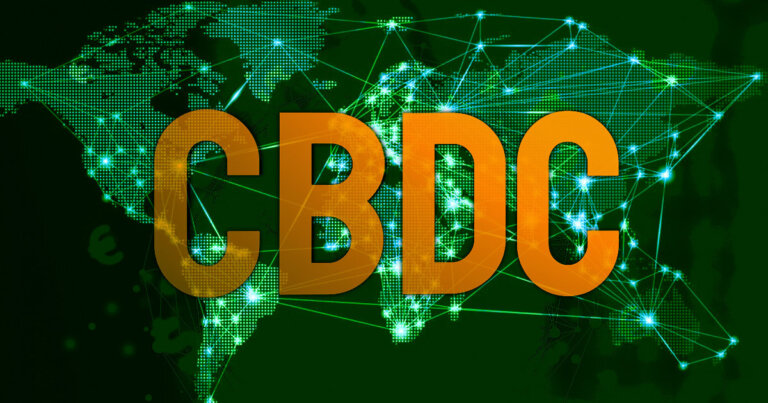 U.S. presidential candidate Ron DeSantis says he’ll “nix” CBDCs upon election
U.S. presidential candidate Ron DeSantis says he’ll “nix” CBDCs upon election U.S. presidential candidate Ron DeSantis says he’ll “nix” CBDCs upon election
The Republican hopeful promised to block CBDCs on day one of his presidency.

Cover art/illustration via CryptoSlate. Image includes combined content which may include AI-generated content.
Republican Presidential candidate Ron DeSantis said on July 4 that he will immediately block central bank digital currency (CBDC) if he is elected president.
DeSantis said in an interview with Blaze Media:
“If I am the president, on day one, we will nix central bank digital currency — done, dead, not happening in this country … [a] CBDC is a massive threat to American liberty, [and] on January 20, 2025, it goes the ash heap of history.”
According to DeSantis, the Federal Reserve plans to consult the legislative and executive branches of U.S. government and “ideally” have a law passed authorizing a CBDC.
Those comments refer to a 2022 report in which the Federal Reserve made statements matching DeSantis’ description. However, that report also noted that the Federal Reserve does not mean to advance any specific policy; it also said the Federal Reserve “takes no position on the ultimate desirability” of a central bank digital currency. The Federal Reserve’s FAQ page currently says that it has not yet decided to create a CBDC.
DeSantis nevertheless believes that state-level restrictions will block the Federal Reserve from introducing a CBDC and provoke lawsuits if it attempts to do so.
DeSantis noted that Florida, where he serves as governor, has already banned CBDCs, which means that the state will not recognize any CBDC as currency. Florida introduced its ban on CBDCs in May, and DeSantis expects other states to do the same.
DeSantis addresses concerns about WEF
DeSantis also expressed concerns about the World Economic Forum (WEF), stating that the group plans for governments to eliminate and cash and crypto, thereby blocking “undesirable purchases” such as fuel and ammunition through the use of CBDCs.
That comment alludes to statements made by Cornell University professor Eswar Prasad during a WEF event in June. There, Prasad expressed mixed feelings and said that CBDCs could produce a “potentially better, or some people might say, a darker world”; he also named pornography alongside ammunition and drugs as purchases that could possibly be banned through CBDCs. Prasad has no position within the WEF.
Despite DeSantis’ imprecise claims, many countries that are in the process of introducing CBDCs describe restrictions on illegal purchases and tracking of transactions — measures that are already applied to financial transactions at present.
This restrictive approach is one that decentralization advocates believe runs contrary to the values that underlie Bitcoin and other public cryptocurrencies.























































